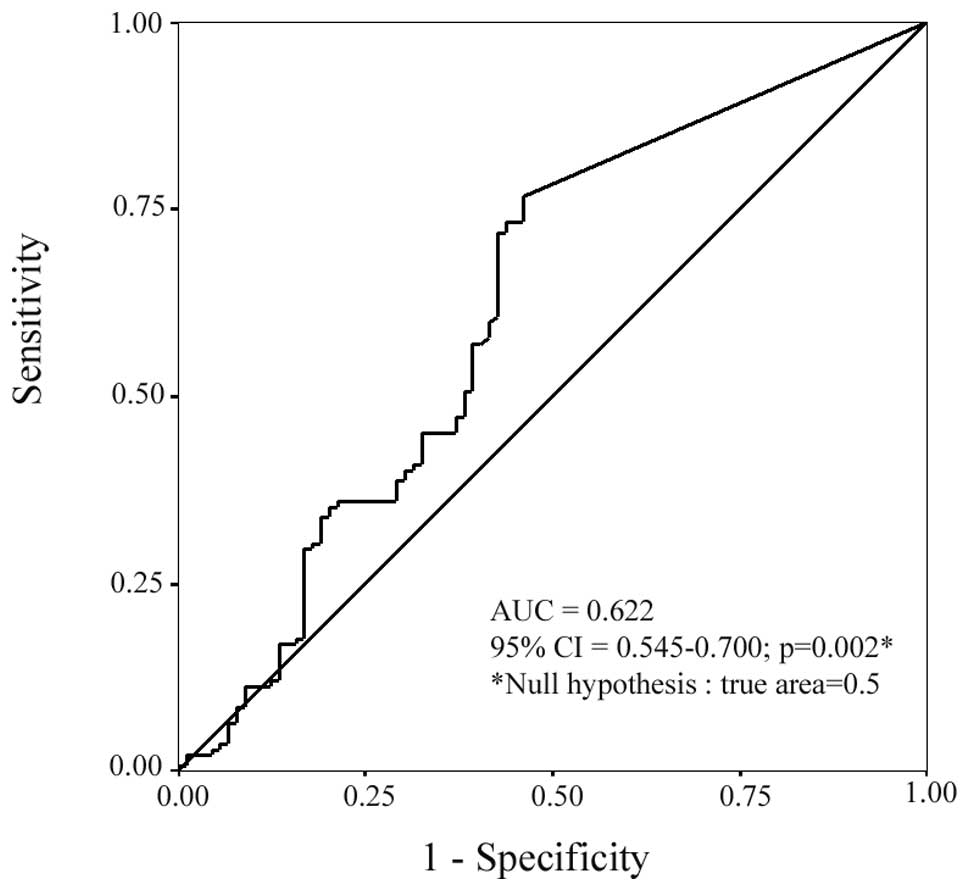
Andreas SCORILAS | National and Kapodistrian University of Athens, Athens | uoa | Department of Biochemistry and Molecular Biology | Research profile - Page 3
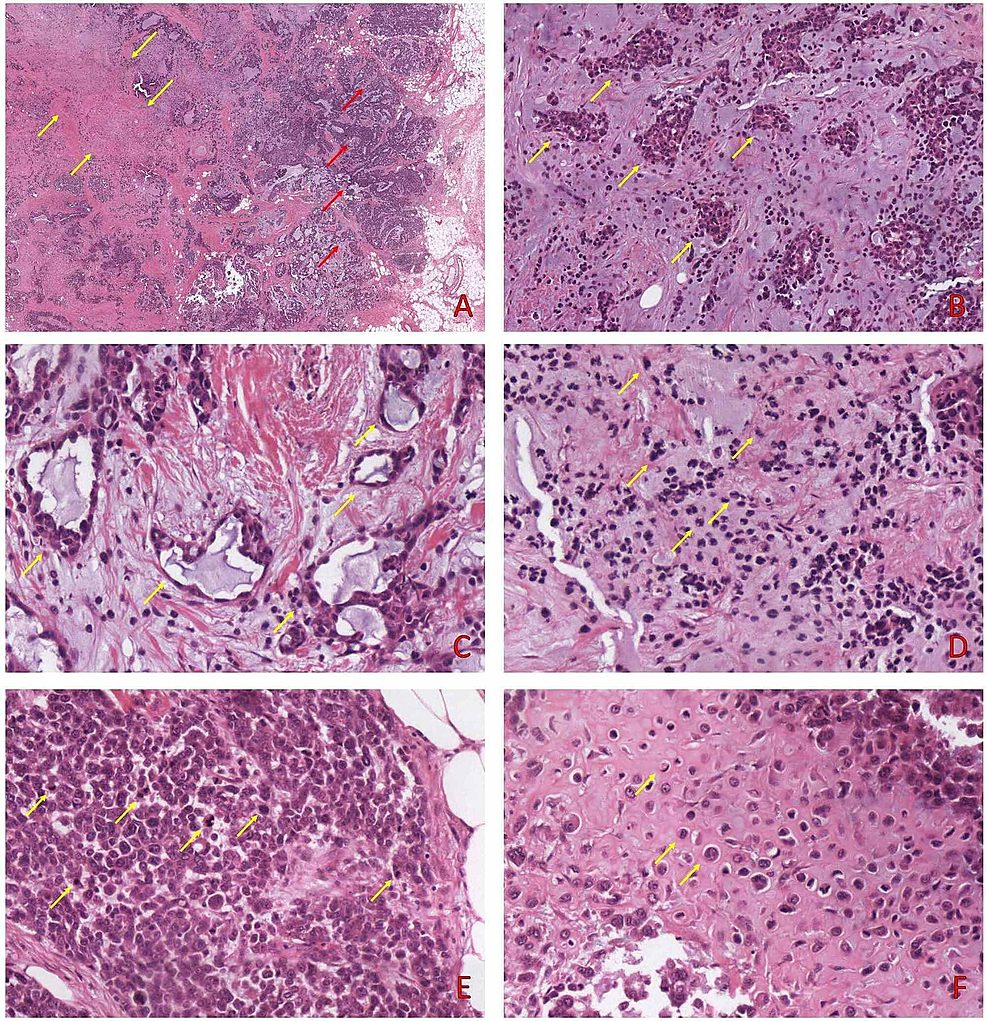
Cureus | Matrix-producing Breast Carcinoma: A Rare Subtype of Metaplastic Breast Carcinoma | Article
Frequency of positivity (a) and median values (b) for ER c (circles)... | Download Scientific Diagram
![Patients with pathological response have longer TTR [48 months (17–84)]... | Download Scientific Diagram Patients with pathological response have longer TTR [48 months (17–84)]... | Download Scientific Diagram](https://www.researchgate.net/publication/43132163/figure/fig2/AS:330189788729344@1455734788034/Patients-with-pathological-response-have-longer-TTR-48-months-17-84-than-patients.png)
Patients with pathological response have longer TTR [48 months (17–84)]... | Download Scientific Diagram

Elevated prostaglandin E2 production by monocytes is responsible for the depressed levels of natural killer and lymphokine‐activated killer cell function in patients with breast cancer - Baxevanis - 1993 - Cancer - Wiley Online Library

Ioannis BOUTAS | Medical Doctor | Doctor of Medicine | National and Kapodistrian University of Athens, Athens | uoa | Division of Obstetrics - Gynecology III | Research profile
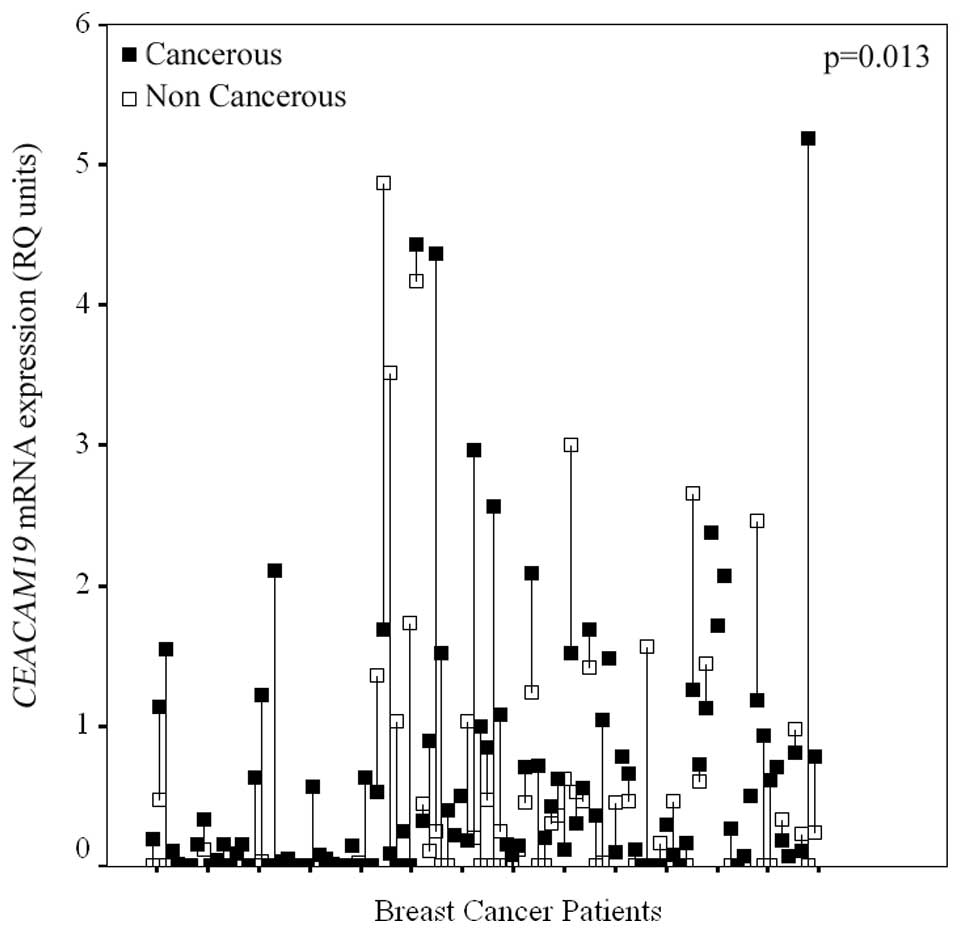
The expression of the CEACAM19 gene, a novel member of the CEA family, is associated with breast cancer progression

Marinos Tsiatas MD, PhD, BSc(Biol) - Director, Medical Oncology Department and Clinical Trials Unit - Athens Medical Grοup | LinkedIn
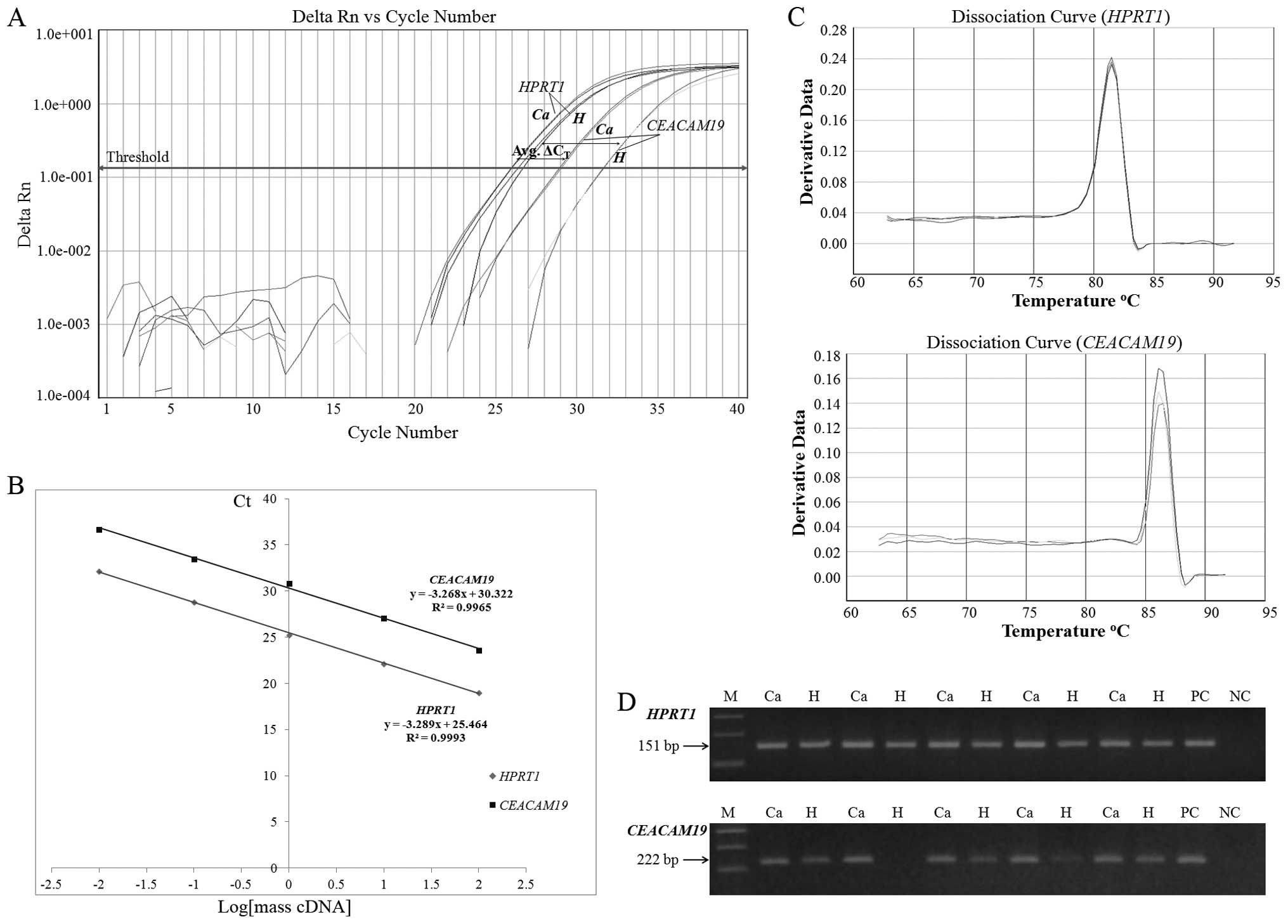
The expression of the CEACAM19 gene, a novel member of the CEA family, is associated with breast cancer progression

Ioannis BOUTAS | Medical Doctor | Doctor of Medicine | National and Kapodistrian University of Athens, Athens | uoa | Division of Obstetrics - Gynecology III | Research profile

George DEDOUSSIS | Professor of cellular and molecular biology | PhD | Harokopio University, Kallithéa | HUA | Department of Nutrition and Dietetics | Research profile - Page 5

Ioannis BOUTAS | Medical Doctor | Doctor of Medicine | National and Kapodistrian University of Athens, Athens | uoa | Division of Obstetrics - Gynecology III | Research profile
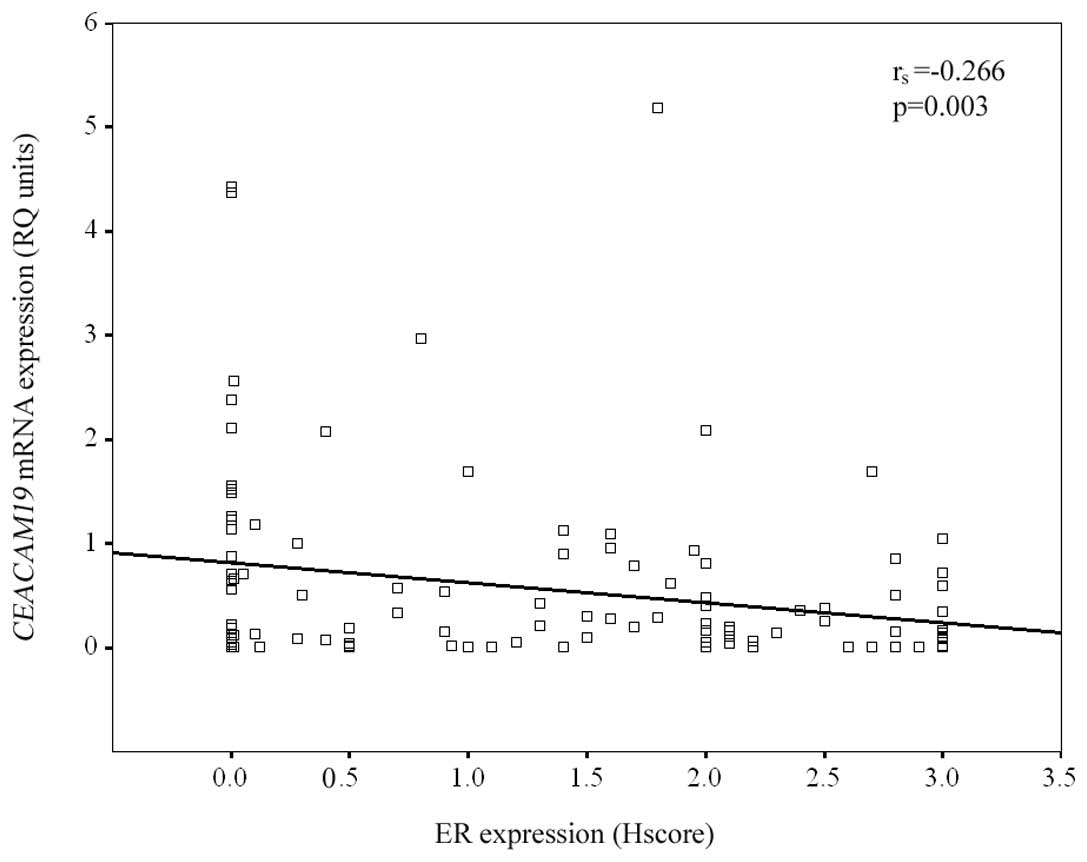
The expression of the CEACAM19 gene, a novel member of the CEA family, is associated with breast cancer progression
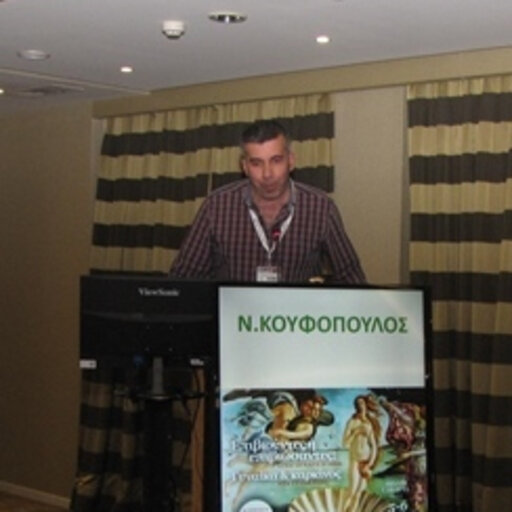
Nektarios KOUFOPOULOS | Consultant | Doctor of Medicine | Attikon University Hospital, Athens | 2nd Department of Pathological Anatomy | Research profile

Ioannis BOUTAS | Medical Doctor | Doctor of Medicine | National and Kapodistrian University of Athens, Athens | uoa | Division of Obstetrics - Gynecology III | Research profile

The expression of the CEACAM19 gene, a novel member of the CEA family, is associated with breast cancer progression
